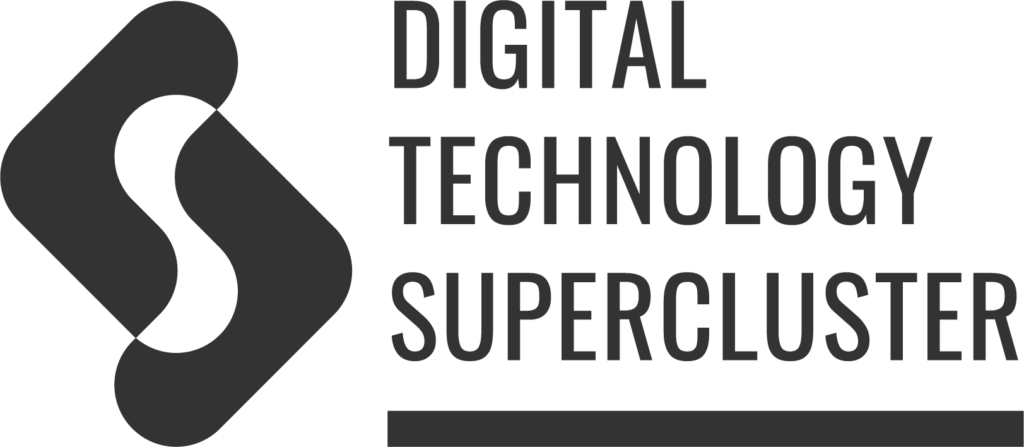1. What is the mission and vision of the Digital Technology Supercluster?
The Digital Technology Supercluster solves some of industry’s and society’s biggest problems through Canadian-made technologies. We bring together private and public sector organizations of all sizes to address challenges facing Canada’s economic sectors including healthcare, natural resources, manufacturing and transportation. Through this ‘collaborative innovation’ the Supercluster helps to drive solutions better than any single organization could on its own.
2. Why is trustworthy digital identity critical for existing and emerging markets?
With the COVID-19 pandemic, now more than ever we are relying on our ability to prove our identity and key personal information remotely. Over the past six months, we have worked with dozens of organizations to develop and deploy cutting-edge digital and virtual health platforms. A critical requirement to ensure uptake of these developments is ensuring that Canadians feel they are in control of their personal data and have trust in the institutions and protocols we have created.
3. How will digital identity transform the Canadian and global economy? How does the Digital Technology Supercluster address challenges associated with this transformation?
For the Digital Technology Supercluster, we see digital identity as a key component in the adoption of our many innovative technologies – whether it’s accessing remote addiction and mental health treatment for health care workers, or receiving post-surgical treatment from home. Without secure digital identity, Canada will be unable to continue developing innovative solutions like these. As a team, we strive to collaborate with companies (large and small), organizations and academic institutions to ensure that we are addressing digital security from all sides. Ensuring privacy and control of personal information is at the heart of what we do, and organizations like DIACC provide critical guidance on this front.
4. What role does Canada have to play as a leader in the space?
Canada is already seen as a leader in the global economy. We are known for our transparency, ethical business practices and diverse resources. This foundation puts us on solid ground for not only contributing to the policy of digital identity, but alongside DIACC, leading the way on international interoperability in this space.
5. Why did the Digital Technology Supercluster join the DIACC?
We believe there is power in coming together towards a common goal, and that there is strength in bringing different perspectives, experiences, and backgrounds to the table. To reach Canada’s full potential, it is critical that we leverage our diversity and unique strengths to share knowledge and expertise.
6. What else should we know about the Digital Technology Supercluster?
While we are located in Vancouver, British Columbia, our members span across the country, with 40 per cent of our 750+ membership in provinces outside of British Columbia. We are open to working with all types of organizations. By facilitating bold collaboration, we bring together companies of all sizes from a myriad of sectors within the tech ecosystem and tech-enabled companies from a variety of industries. This allows these organizations to tap into a network of knowledge and experience they would not otherwise have had access to.





